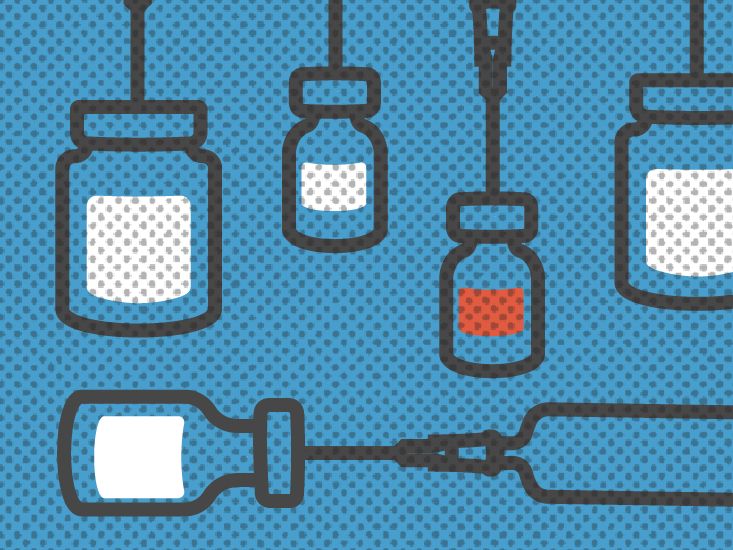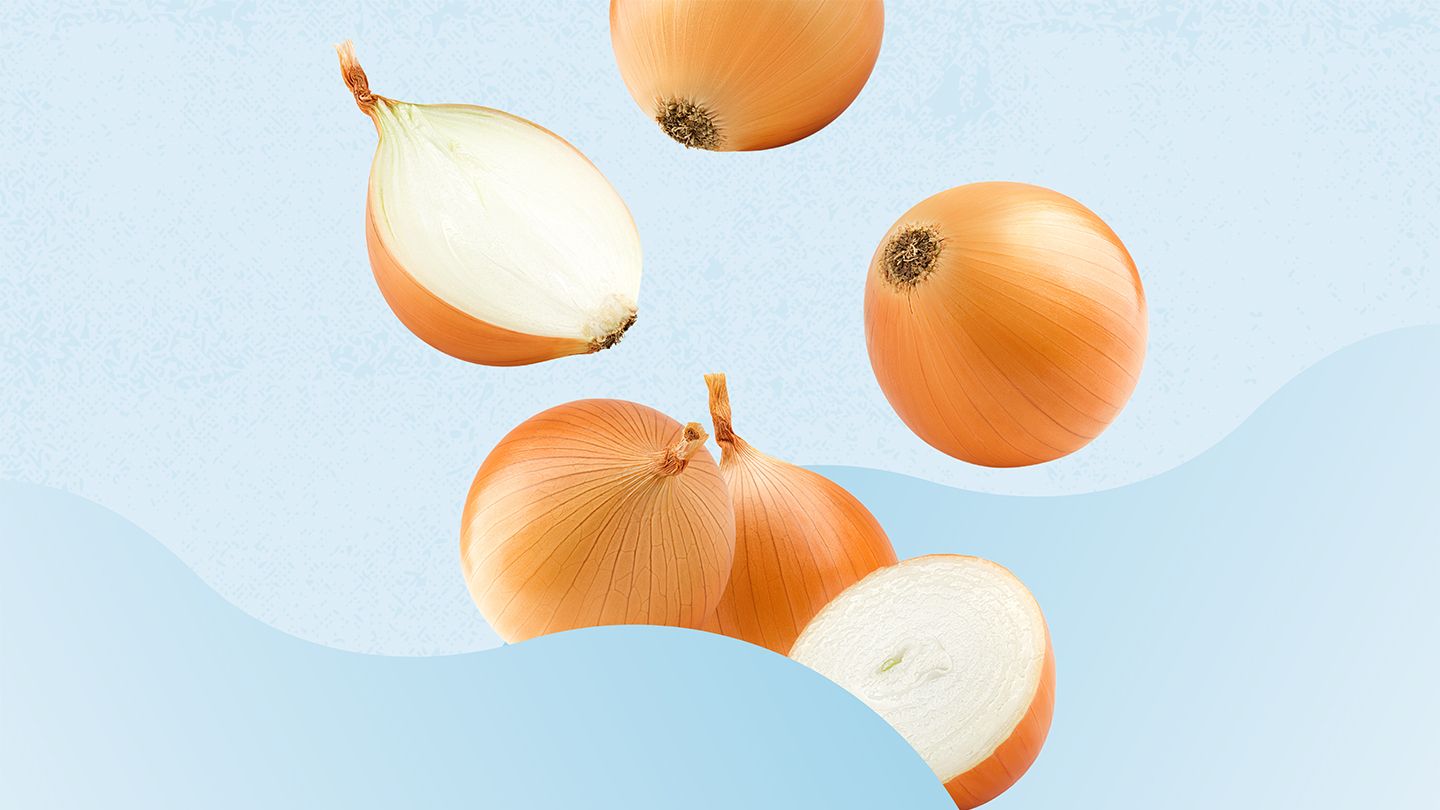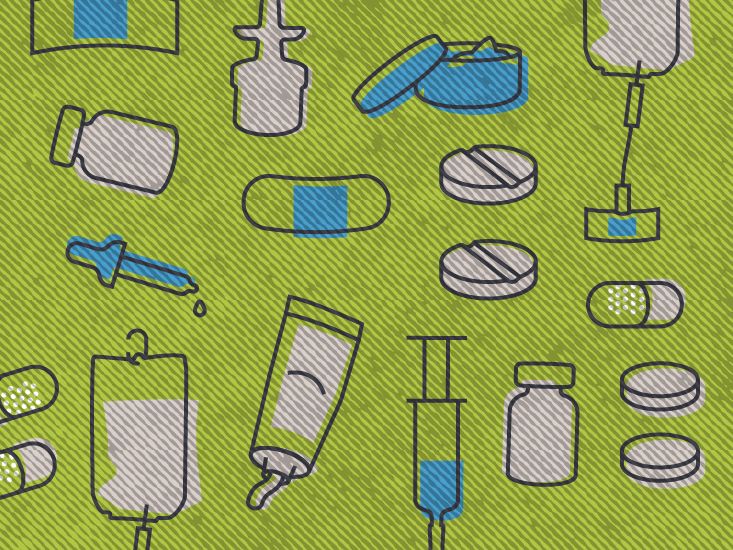How Medications May Impact Your Fast
When you're fasting for health or religious reasons, you want to make sure you preserve the integrity of your fast. A common question during fasting is whether taking certain medications like Tylenol or other pain relievers will break your fast. Knowing what oral medications and supplements can be safely used during fasting can ensure you receive any needed symptom relief without sabotaging your efforts.
How Fasting Works
During fasting periods, you severely restrict food and beverage intake, allowing the body to more effectively heal itself, purge toxins and revitalize energy. For intermittent and time-restricted fasts, you confine eating to certain hours of the day or certain days of the week. Prolonged multi-day fasts involve abstaining from anything besides water and sometimes black coffee or tea for between 24 hours up to two weeks. The goal is metabolizing glucose reserves to trigger ketosis and reap autophagy benefits while avoiding insulin spikes that can stall helpful processes.
The Role of Insulin in Fasting
When you consume calories, your pancreas releases the hormone insulin to transport glucose from food into cells for energy usage or storage as fat. Between meals, insulin levels fall allowing fat burning for fuel instead. Spiking glucose and insulin blocks depleting energy reserves, which prevents the transition into ketosis and autophagic modes happening through fasting. So anything you ingest during fasting periods must not stimulate significant insulin release that could undermine these efforts.
The Impact of Medications on Your Fast
Most supplements in pill form like vitamins or minerals will not technically break your fast since they don't contain calories or macronutrients. The only concern would be some dried herbs encapsulated rather than powdered since these would add miniscule calories that could spur slight insulin release.
Non-Steroidal Anti-Inflammatory Drugs (NSAIDs)
Common over-the-counter NSAID pain medications like Tylenol (acetaminophen), Advil or Motrin (Ibuprofen) and Aleve (Naproxen) have not demonstrated significant enough insulin response to break a fast. They act by inhibiting prostaglandins which mediate inflammation and pain rather than impacting glucose or insulin metabolism directly. Studies show NSAIDs can be safely used even during more stringent fasts like alternate day or prolonged water fasts when needed for pain management without fear of them sabotaging efforts.
Cough, Cold and Flu Medication Concerns
Cough syrups and some cold medications like DayQuil/NyQuil often contain sugars and should always be avoided to sustain fasting benefits. However many supplements use artificial sweeteners which may be fasting-friendly alternatives for symptom relief. Be sure to read labels closely and research any questionable ingredients. For example, dextromethorphan found in many cough formulas has shown no insulin effect but includes contraindications for those with high blood pressure.
Additional Medications & Supplement Considerations
Besides pain relievers, a few other medication categories demonstrate safe usage during fasting windows. Electrolyte supplementation helps counter symptoms like fatigue, muscle cramps, headaches or dizziness during fasting. Magnesium, calcium and potassium supplements prove especially useful for electrolyte balance. Antihistamines like Claritin help manage allergy symptoms without sabotaging your fast.
Caffeine Recommendations
While plain black coffee and tea makes an allowable exception for most fasts, caffeine pills or powdered supplements do require caution. Excess intake on an empty stomach may cause jitters, heart palpitations, anxiety or gastrointestinal distress. Limit caffeine intake from supplements to the equivalent of 1-2 cups of coffee spaced out appropriately. Stay well-hydrated as well to counter heightened dehydration risks.
Prescription Medications Vary
Consult your doctor before fasting if you take any prescription medications, especially if diabetic. Though most prescription pills technically break fasting, some may be adjusted for timing or dosage to accommodate fasting periods. Do not stop or alter dosages before discussing with your physician. Certain medications can only be taken alongside food or may require meal-timed doses. Your doctor will provide specific guidance around the safety of temporarily holding or adjusting medications relative to your health conditions.
Strategies to Minimize Fasting Disruptions
If you regularly take prescription or over-the-counter medications during fasting periods, implement strategies to optimize continued benefits.
Group Supplements and Medications Together
Plan the timing of necessary supplements to coincide closely with ingesting medications you cannot discontinue. Grouping pill consumption together results in just one insulin/glucose spike versus multiple spikes staggered widely apart. This prevents prolonging metabolic processes that could hinder ketosis and autophagy mechanisms.
Stick to a Consistent Dosing Schedule
Maintain the same meal-timed dosage schedule daily rather than sporadically taking medications. Keeping levels steady throughout your system prevents recurring peaks and dips that can exacerbate symptoms. Consistency also helps your body best adapt to medication effects during fasting periods.
Stay Hydrated and Mineral Replete
Drink sufficient water and properly supplement electrolyte levels while fasting, especially when taking dehydrating medications like diuretics or cold medicines. Proactively counter potential dizziness, headaches, cramps or fatigue by flushing toxins and preventing depletion of critical minerals. Support energy, cognition and general fasting tolerance by optimizing hydration and mineral status.
The Bottom Line
Most non-steroidal anti-inflammatory over-the-counter pills like Tylenol do not actually break a fast or spike insulin significantly enough to undermine progress. However, sugars and artificial sweeteners in syrups, lozenges and some cold remedies will break your fast. Carefully check labels of any oral medication or supplement besides plain water, black coffee or tea. Consult your doctor to confirm safety of prescription medications relative to your health conditions and fasting goals. Strategize dosing timing and schedule to group ingestions together rather than widely spaced throughout fasting periods for best results.
FAQs
Will taking Tylenol/acetaminophen interrupt my fast?
No, Tylenol and other NSAID pain relievers like Advil and Aleve do not spike insulin or break a fast in most cases. They can be safely used for headaches, muscle aches, and other pains.
What about cold medicines or cough syrups?
Avoid any syrups or capsules containing sugars, as those will break your fast. Check labels for medications containing artificial sweeteners or dextromethorphan that may be safer options during fasting periods.
Can I take supplements like magnesium or potassium while fasting?
Yes, mineral supplements support energy, hydration and cramping without sabotaging fasting efforts. Electrolyte supplementation proves useful for many faster's tolerance and symptom management.
Do prescription medications disrupt fasting?
Some prescription medications require food for proper absorption or timing doses with meals. Consult your physician before altering medication schedules or fasting to ensure safety for your conditions.
Disclaimer: This article is for informational purposes only and does not constitute medical advice. Always consult with a healthcare professional before starting any new treatment regimen.
Related Coverage
Compare Theraflu and Alka-Seltzer Plus ingredients, liquid vs tablets, appropriate products for specific cold/flu symptoms to determine the best OTC relief choice....
Vapor baths provide natural relief for stuffy nose congestion. Inhaling warm, moist air helps thin mucus, soothe inflammation, and clear stuffiness....
Is it safe to take DayQuil and ibuprofen at the same time? Learn how to combine cold medications properly, dosing tips to avoid complications, and when to call your doctor....
Learn about the benefits and precautions of using DayQuil and ibuprofen together to treat cold and flu symptoms. Follow dosage guidelines carefully....
FluMist side effects are usually mild—runny nose, sore throat, or low fever—and fade within days. Get tips to manage them safely....
Honey, onion, and garlic syrup is an ancient folk remedy used to soothe coughs and irritated throats. Learn how to make it and the science behind its benefits....
Find out the true Tamiflu cost 2025, compare brand vs generic, and learn tips to cut your out‑of‑pocket expenses by up to 50%....
Find Rapivab dosage for adults, children, and renal patients, with prep steps, safety tips, and quick infusion guidance....
Sore throat and earache often stem from the same underlying illness. Learn about the most common causes of simultaneous throat and ear infections and the best treatment approaches....
Soothe sore throat irritation fast with at-home remedies like saltwater gargles, throat lozenges, honey, tea and OTC meds. Tips to ease throat pain quickly overnight....









